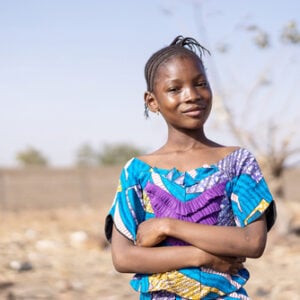On 29 August 2025, South Africa held a vibrant national commemoration of African Traditional Medicine Day in Moruleng, Moses Kotane Local Municipality. The event reaffirmed the country’s dedication to integrating traditional medicine into its national health system. It was attended by Deputy Minister of Health Dr. Joe Phaahla, the Chairperson of the Interim Traditional Medicine Practitioners Council, traditional health practitioners, and other dignitaries, highlighting the government’s ongoing support for traditional healing practices.
African Traditional Medicine Day, observed annually on 31 August, honors a landmark resolution adopted in 2000 by African health ministers during the 50th session of the WHO Regional Committee for Africa in Ouagadougou, Burkina Faso. The day celebrates the vital role of traditional medicine in providing accessible, affordable, and culturally relevant health care to millions across the continent. The South African commemoration began with the sacred Mphepho cleansing ritual, symbolizing respect for ancestral healing knowledge and its ongoing importance in public health.
A key feature of the event was a practical demonstration by traditional health practitioners trained with support from WHO. These practitioners showcased their improved skills in managing noncommunicable diseases such as diabetes, hypertension, and cancer, following a recent joint training of 51 practitioners and community health workers. This initiative underscores WHO’s commitment to strengthening community-based prevention, early detection, and referral systems in traditional medicine.
During the commemoration, the WHO Representative reflected on 24 years of progress since the adoption of the African Regional Strategy on Traditional Medicine. The statement highlighted South Africa’s strong policy and legislative frameworks and welcomed the launch of the Global Traditional Medicine Strategy 2025–2034, aimed at raising the profile of traditional medicine in global health discussions.
The event emphasized several priorities, including the integration of safe and effective traditional medicine into national health systems, strengthening regulatory and referral pathways, respecting indigenous knowledge with benefit-sharing, and fostering collaboration between traditional and biomedical practitioners. Traditional African medicine, combining indigenous herbalism and spirituality, remains a cornerstone of health care for approximately 80% of Africa’s population, especially in rural areas where it is often the only accessible and affordable option.
South Africa’s celebration reaffirmed its leadership role in advancing traditional medicine on regional and global platforms such as the African Union, WHO, BRICS, and G20. The commemoration served as a powerful reminder of the cultural and health significance of African healing systems and the importance of regulated practice to enhance their contribution to primary health care.






